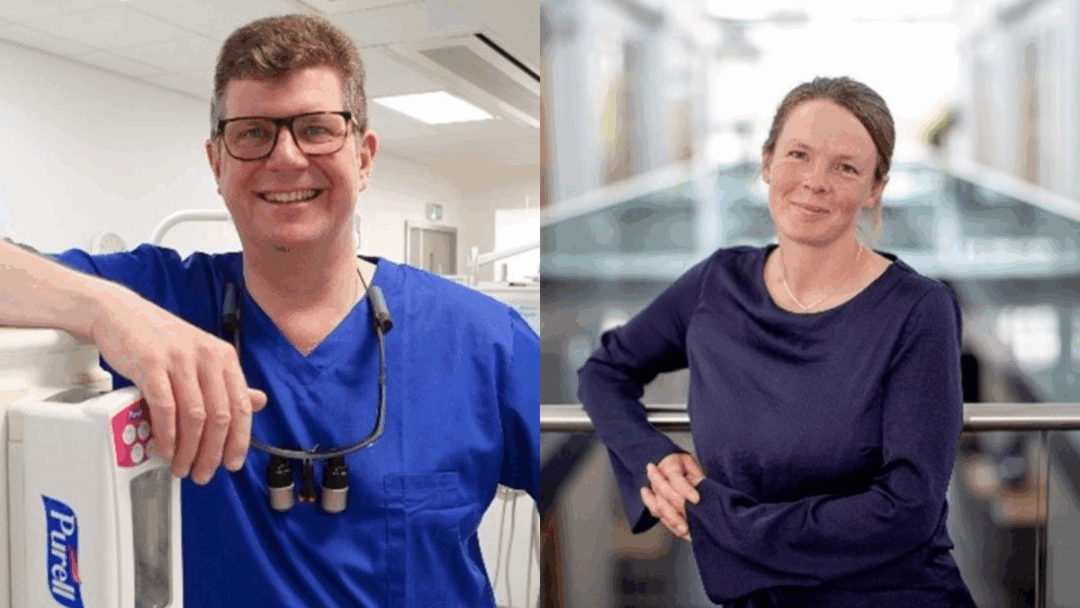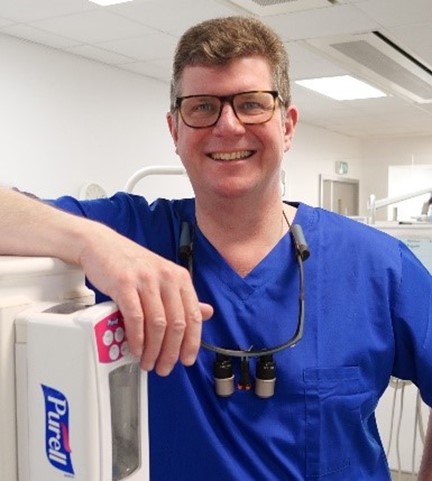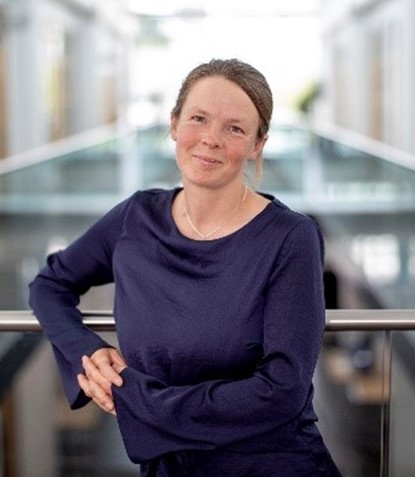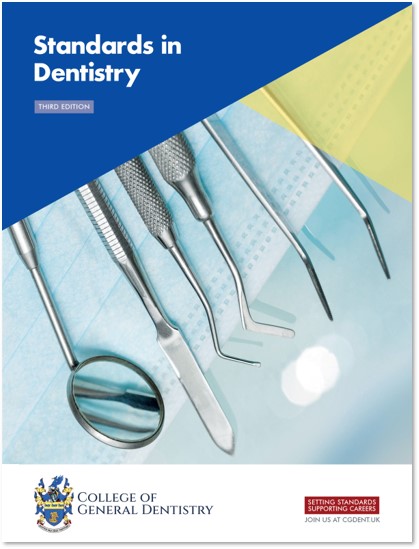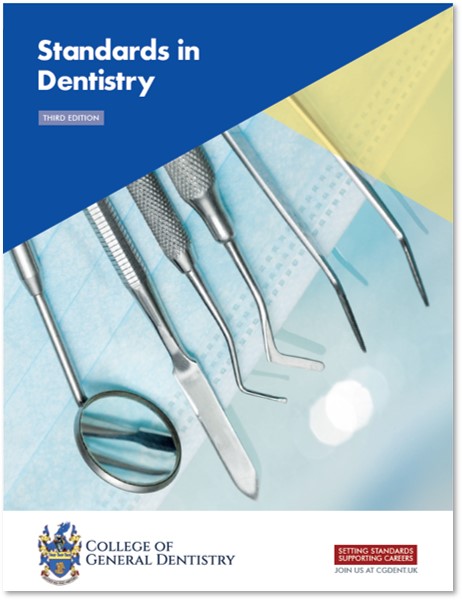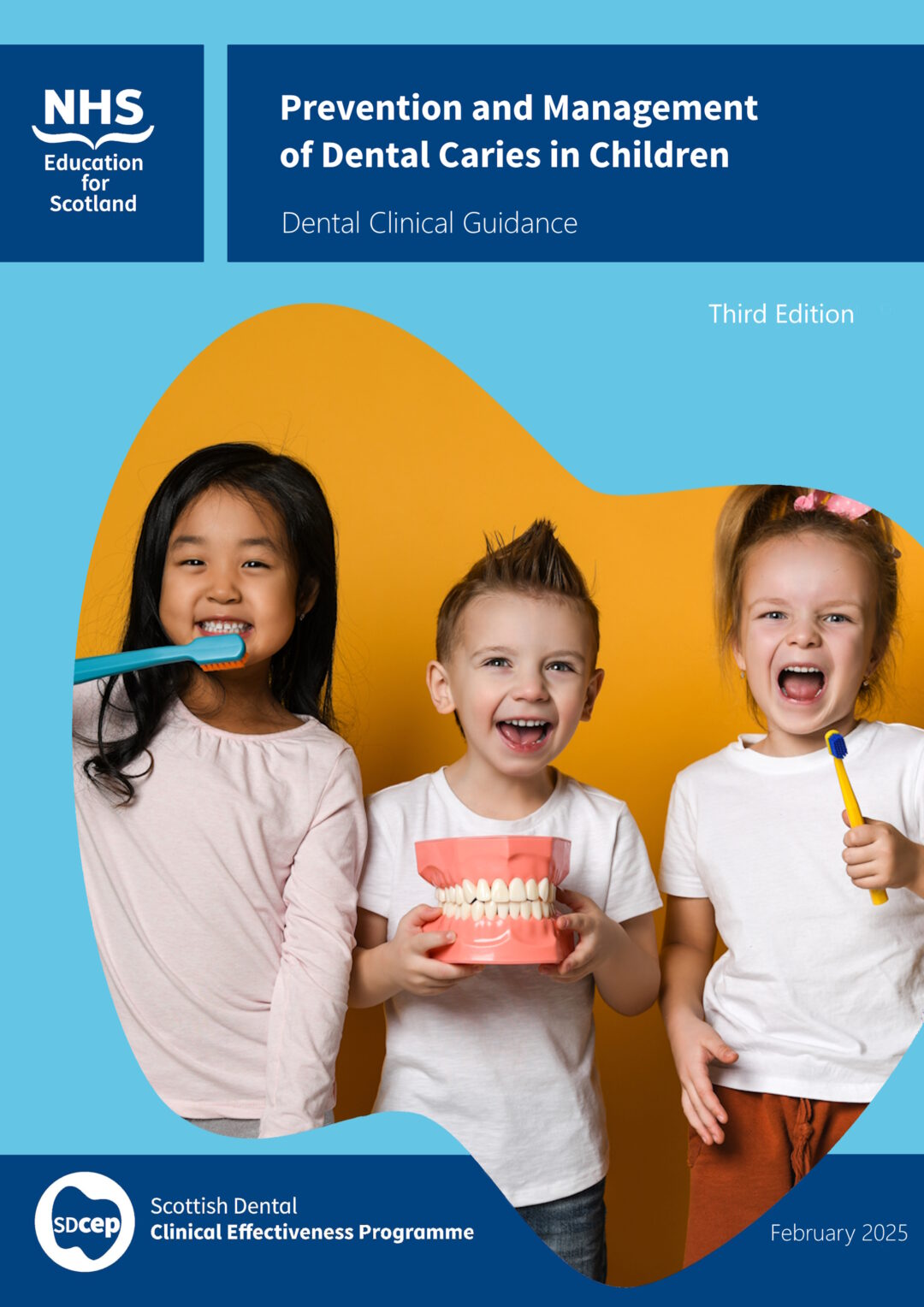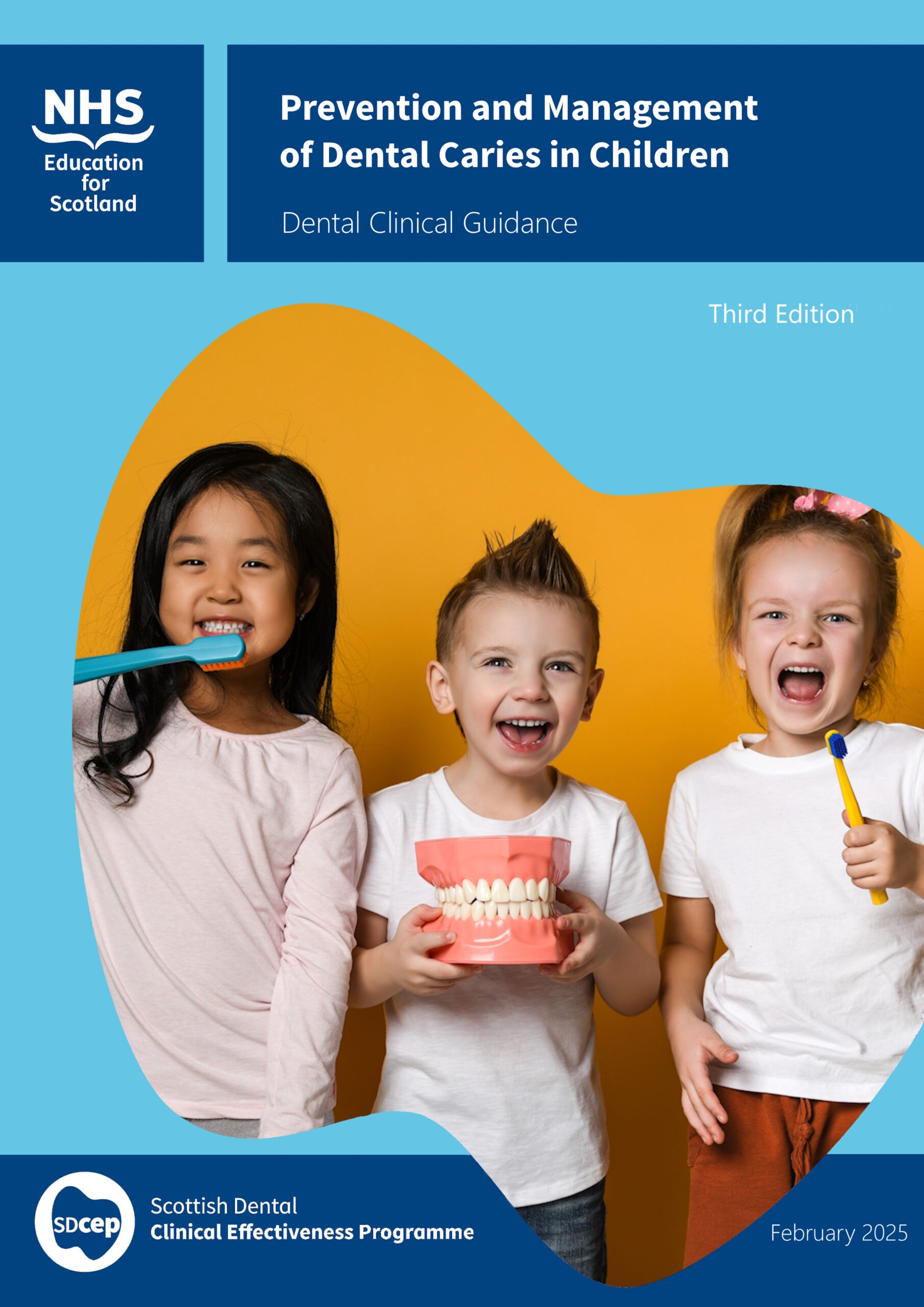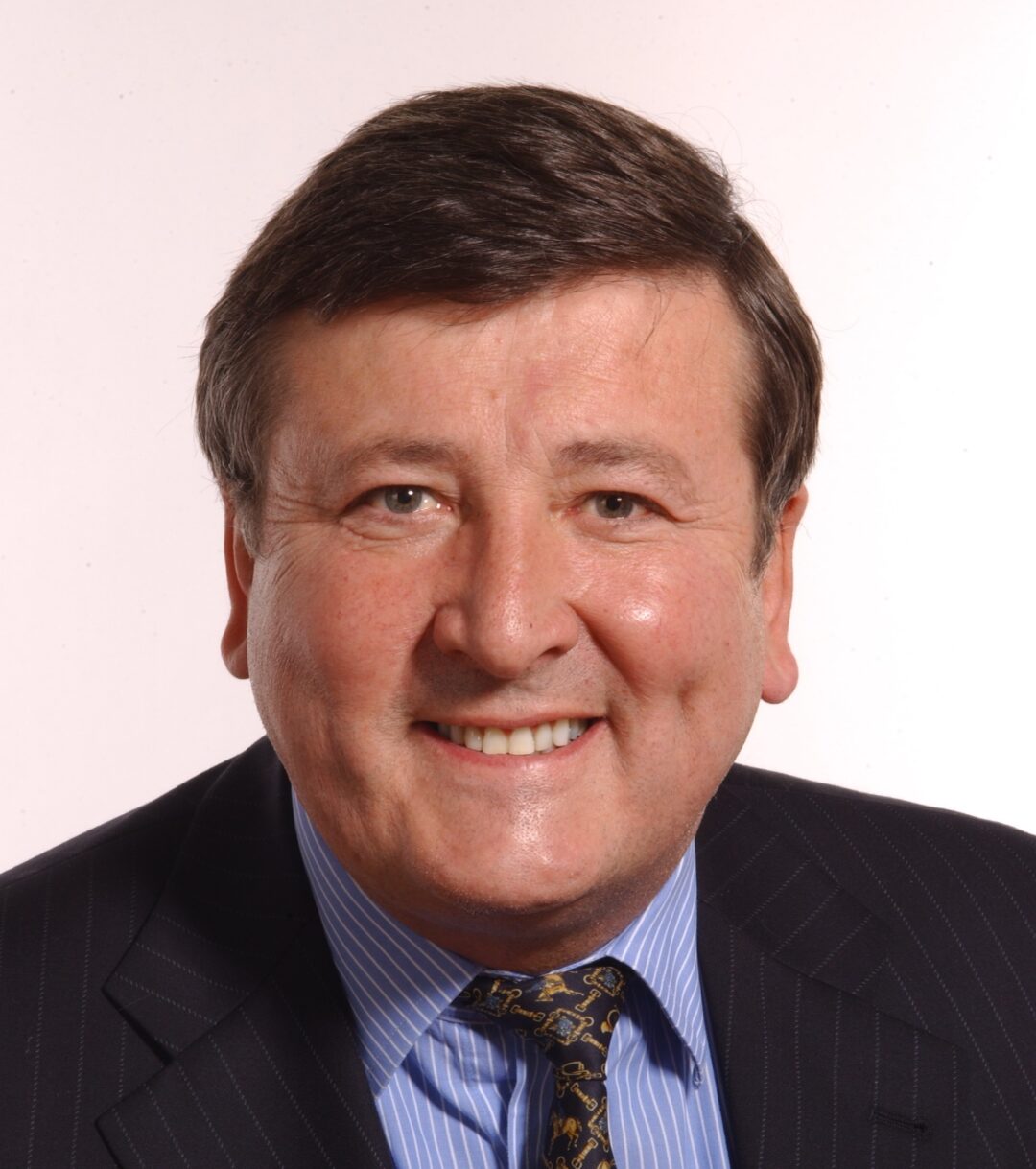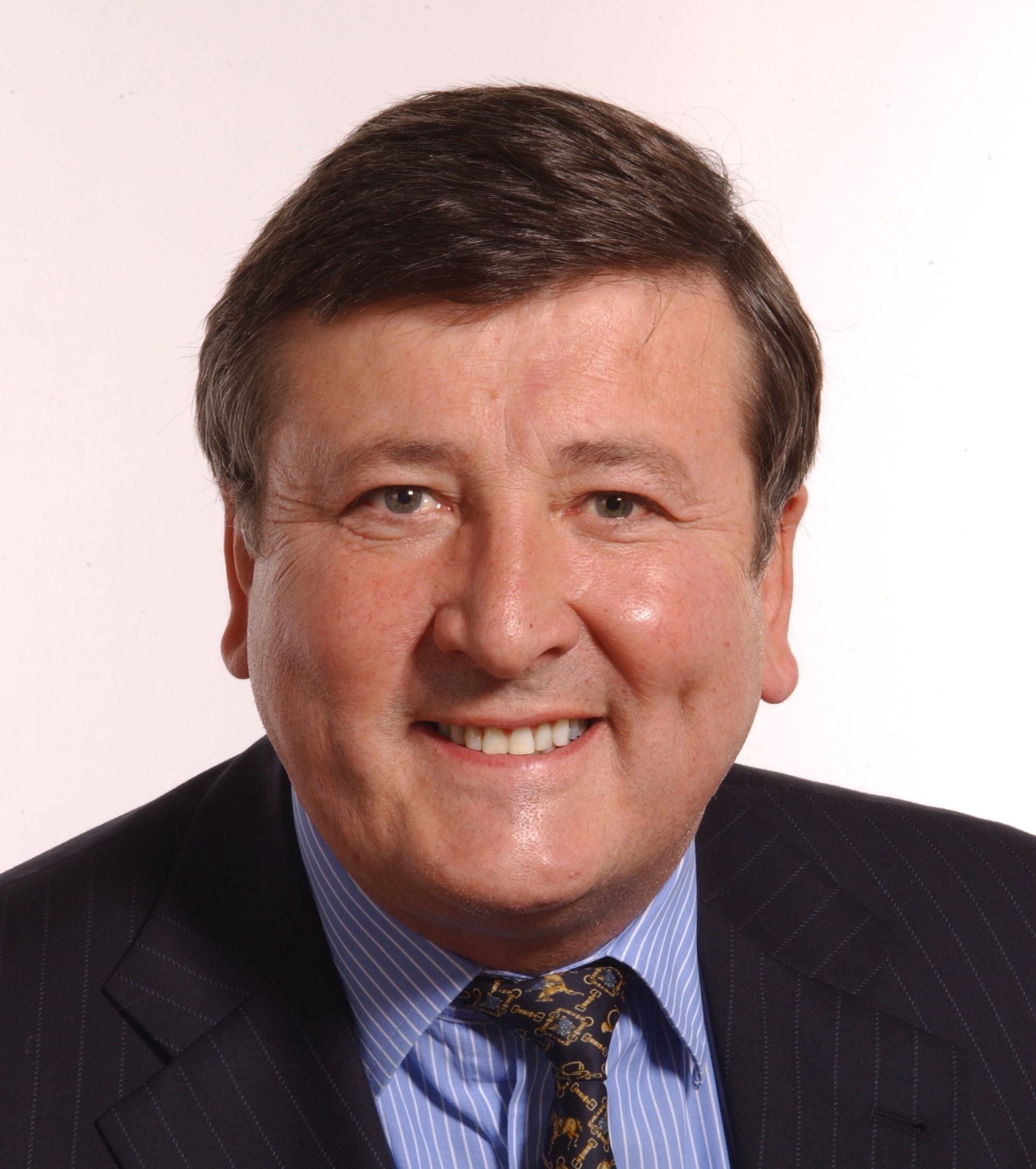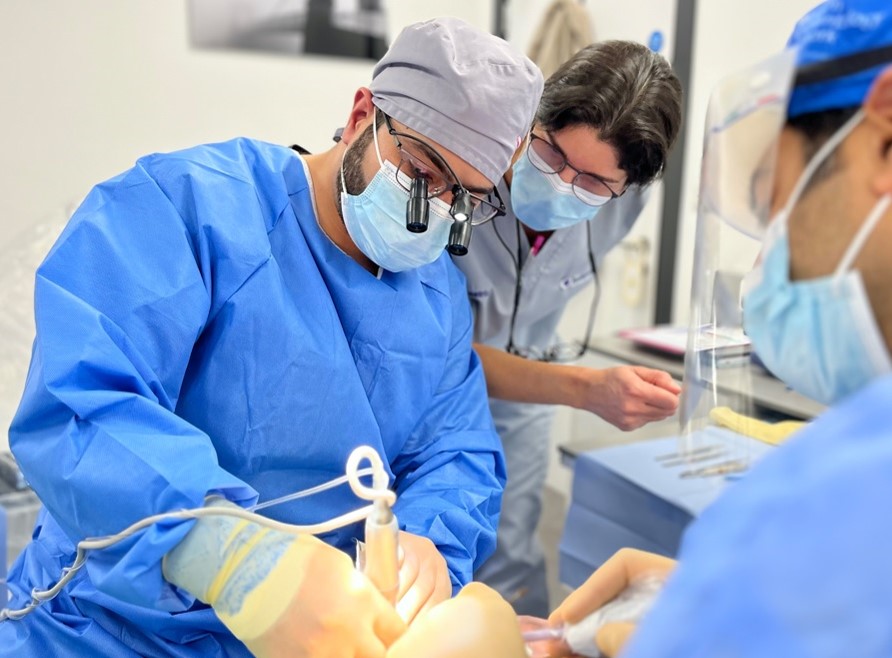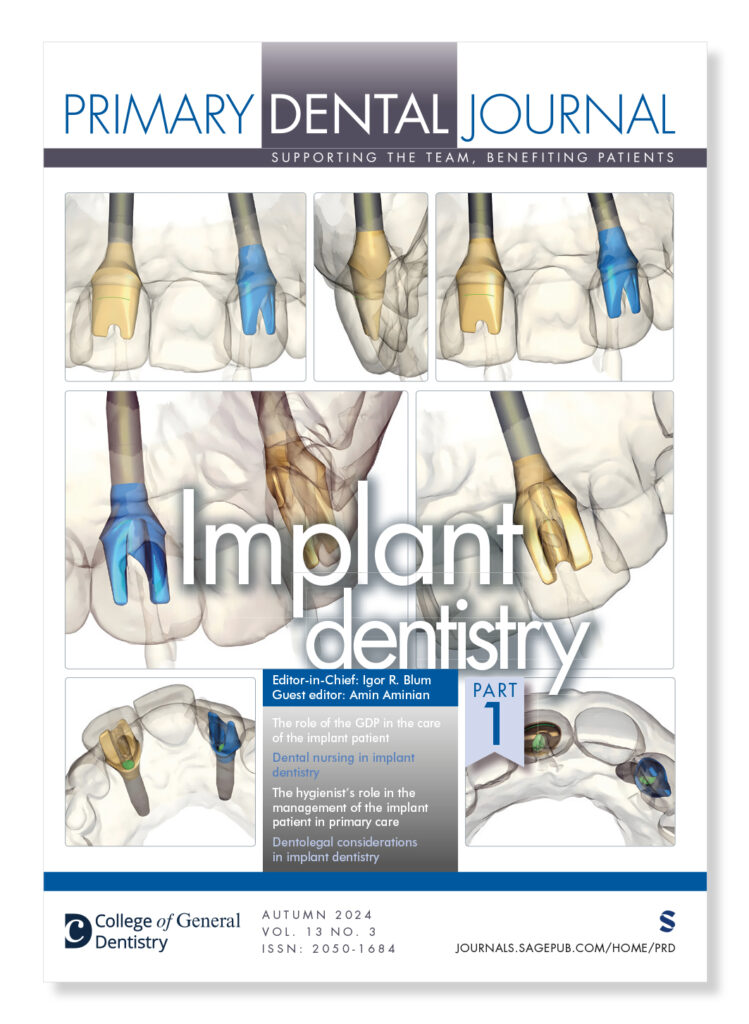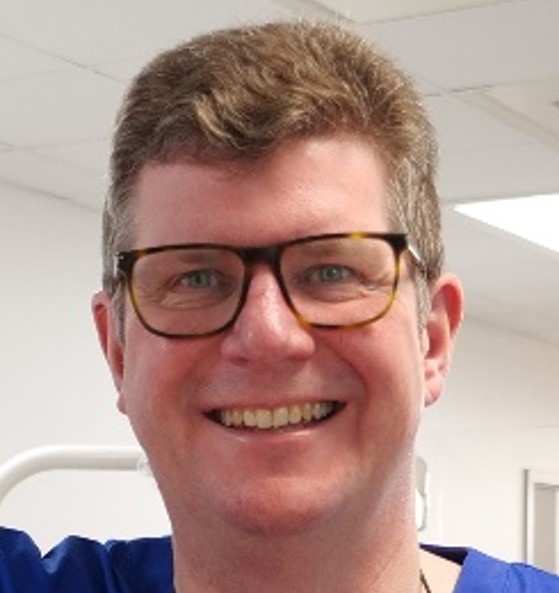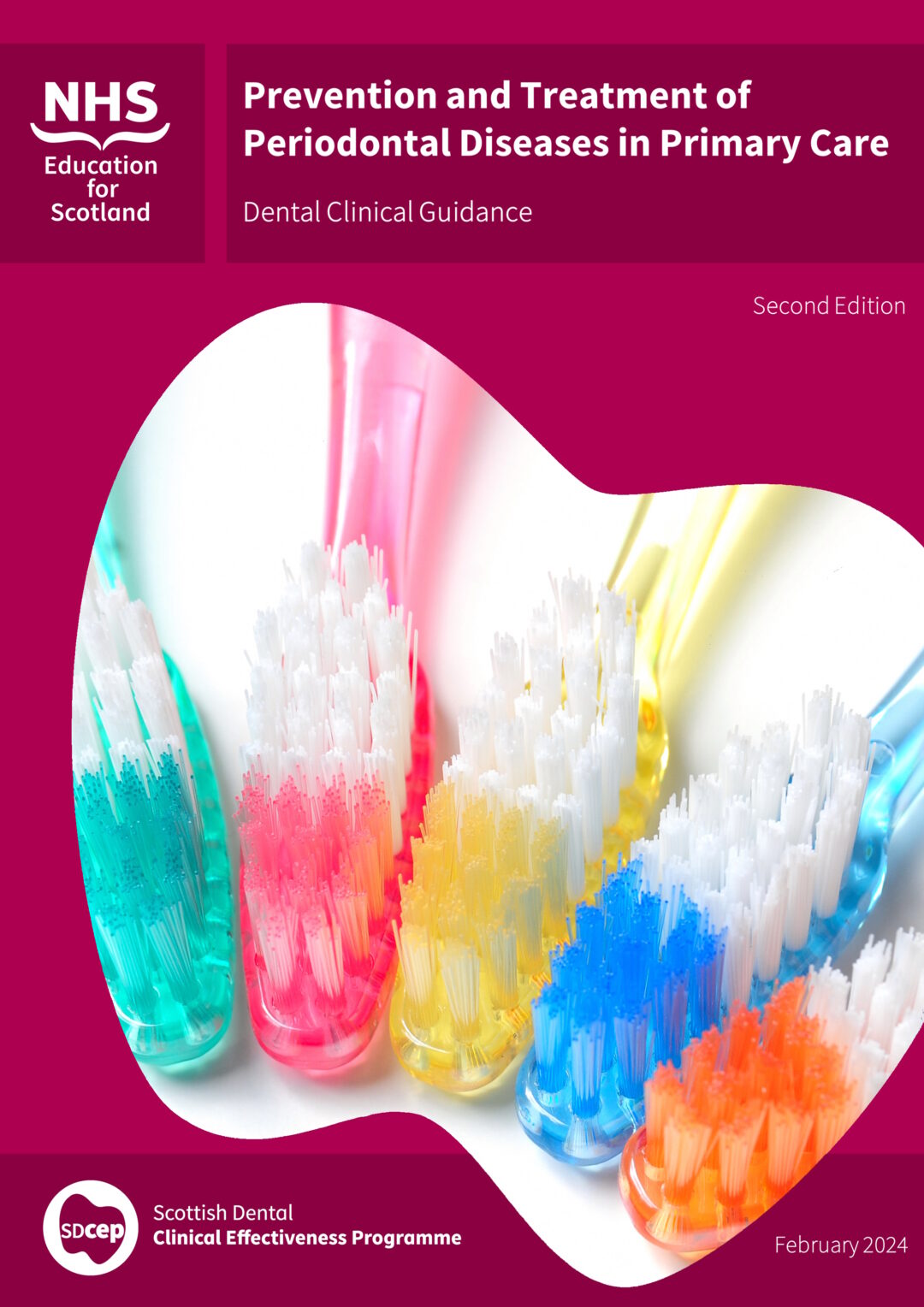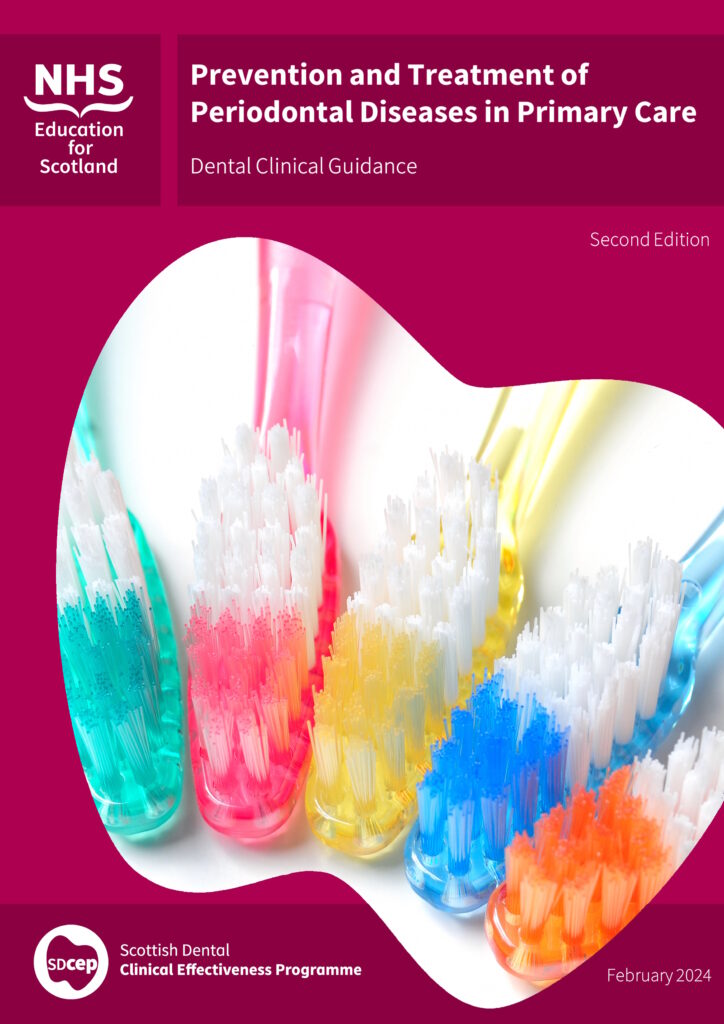Thirty million deaths directly related to antimicrobial resistance (AMR) are expected globally in the period between 2025 and 2050, with an annual mortality rate by 2050 (8.2 million) approaching that of cancer (9.7 million).

The more we use antimicrobial agents, the more AMR is expected to develop. This is leading humanity to face a situation similar to the era before the discovery of antimicrobials, when it was not possible to treat even simple infections.
Dentists prescribe approximately 10% of antimicrobials in the UK and Ireland, and there is evidence of increasing rates of reported resistance to many antimicrobials in head and neck infections. It is important that the dental community acts now in response to this global health threat. Appreciating the requirement for system-level changes to facilitate the provision of best evidence practice, we need to take the lead and protect antimicrobial use to cases when it is justified based on evidence. This could be guided by the available resources in three major national platforms:
- Dental antimicrobial stewardship: toolkit (UK Health Security Agency; this includes a link to the Antimicrobial prescribing in dentistry guidance published by the College)
- Keep Antimicrobial Working website (British Society for Antimicrobial Chemotherapy)
- Dental stewardship resources (Scottish Antimicrobial Prescribing Group)
This year, the United Nations focus has been on non-communicable disease such as cancer, and diabetes. People with these conditions are susceptible to rapidly advancing infection.
Dr Wendy Thompson, the College’s AMR Lead, explained:
“Prevention is better than cure. Preventing non-communicable diseases, such as dental infection, reduces antimicrobial use and must be a global priority to secure our future. That is why, in New York for the 80th session of the UN General Assembly earlier this year, I emphasised that universal access to oral healthcare is an essential element of efforts to keep antibiotics working.”
World AMR Awareness Week, commemorated annually from 18 to 24 November, is a global campaign to raise awareness and increase understanding of AMR and to promote global action to tackle the emergency and spread of drug-resistance pathogens.
Twenty-three national dental organisations have come together to support the WAAW 2025 theme ‘Act Now: Protect Our Present, Secure Our Future’:
- Association of Clinical Oral Microbiologists (ACOM)
- Association of Dental Groups (ADG)
- Association of Dental Hospitals (ADH)
- British and Irish Society for Oral Medicine (BISOM)
- British Association for the Study of Community Dentistry (BASCD)
- British Association of Dental Nurses (BADN)
- British Association of Dental Therapists (BADT)
- British Association of Oral Surgeons (BAOS)
- British Association of Private Dentistry (BAPD)
- British Dental Association (BDA)
- British Endodontic Society (BES)
- British Society for Antimicrobial Chemotherapy (BSAC)
- British Society of Dental Hygiene and Therapy (BSDHT)
- British Society of Paediatric Dentistry (BSPD)
- British Society of Periodontology and Implant Dentistry (BSP)
- College of General Dentistry (CGDent)
- Dental Schools Council (DSC)
- Faculty of Dental Surgery of the Royal College of Physicians and Surgeons of Glasgow (RCPSG)
- Faculty of Dental Surgery of the Royal College of Surgeons of Edinburgh (RCSEd)
- Faculty of Dental Surgery of the Royal College of Surgeons of England (FDS)
- Oral Health Foundation
- Scottish Antimicrobial Prescribing Group (SAPG)
- Society of British Dental Nurses (SBDN)
Dr Noha Seoudi of the Association of Clinical Oral Microbiologists, who co-ordinated this year’s statement, said:
“Working together is key to improving knowledge and raising awareness of AMR.”


